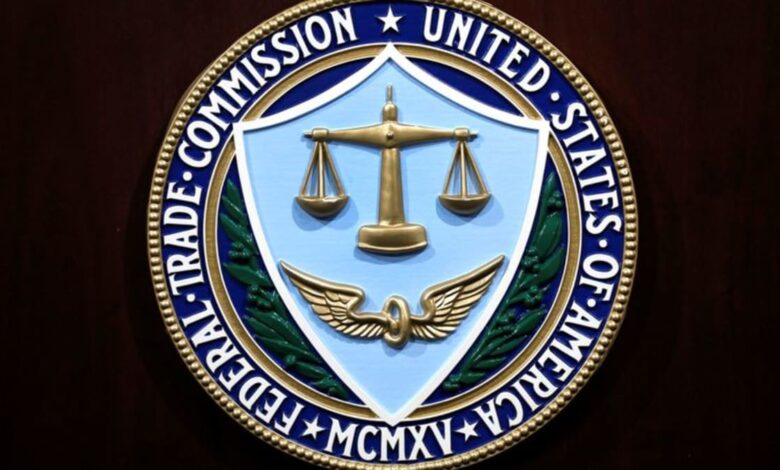Explainer-Why the few big AI players worry US antitrust regulators

NEW YORK : U.S. antitrust enforcers are digging into Big Tech’s role in the artificial intelligence (AI) boom, exploring whether business practices by entrenched players stifle competition in the burgeoning space.
The U.S. Department of Justice and Federal Trade Commission (FTC) have moved to divvy up the biggest players in the industry, a step that puts Nvidia, OpenAI and Microsoft closer to potential investigations.
Here are some of the AI issues regulators are concerned about:
DATA
Assistant Attorney General Jonathan Kanter expressed a “sense of urgency” to address the advantages big companies have in their access to data used to train AI models, speaking at a University of Chicago event in April.
“To the extent data has been aggregated or resides in the hands of a small few, that may become the high water mark for competition because the barriers to entry in scale and access to these key ingredients is limited to a small number of players,” he said.
WORKERS
Another area of concern is the effect that generative AI could have on creative people whose work it could replicate, as well as the engineers who build the technology.
“Absent competition to compensate creators for their works, AI companies could exploit monopsony power on levels we have never seen before,” Kanter said at a Stanford University AI conference co-hosted by the Justice Department in late May, using a term that often refers to domination of labor markets by one or a few employers.
The FTC, which recently moved to ban noncompete agreements, last year flagged potential concerns with AI employers stifling competition by blocking skilled workers from heading to rival companies.
PARTNERSHIPS
In January, the FTC opened a wide-ranging inquiry into AI companies and cloud service providers, ordering OpenAI, Microsoft, Alphabet, Amazon, and Anthropic to provide information on recent investments and partnerships.
“We are scrutinizing whether these ties enable dominant firms to exert undue influence or gain privileged access in ways that could undermine fair competition across layers of the AI stack,” FTC Chair Lina Khan said at the time.
The regulator also seeks to understand how the partnerships with Big Tech influence strategy and “decisions around the pricing of products and services; decisions around the granting of access to products and services; and decisions around personnel.”
Khan said at the University of Chicago conference that part of the aim in scrutinizing partnerships is to “ensure that they are not a way to sidestep merger review.”

